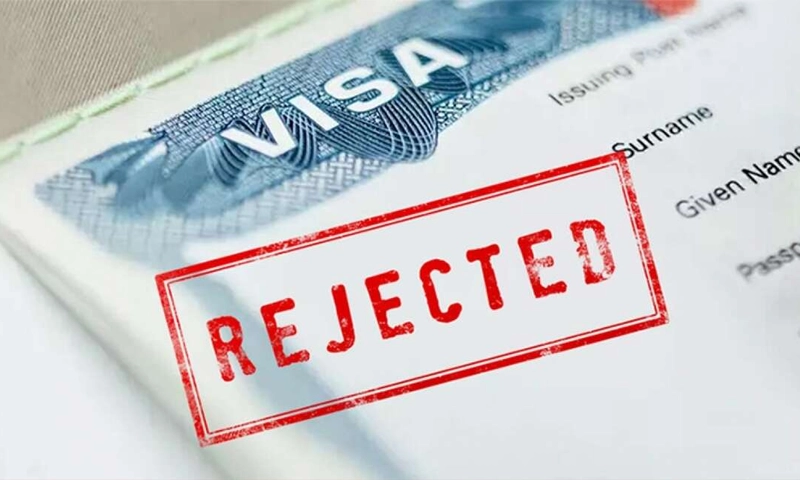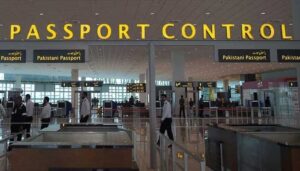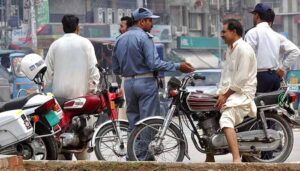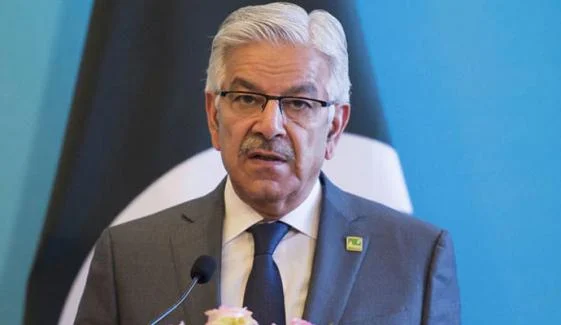
Global
US Revokes Over 6,000 Student Visas
The administration of President Donald Trump has revoked more than 6,000 student visas for overstays and law violations, including several hundred on grounds of “support for terrorism,” a State Department official said on Monday.
The move, first reported by Fox Digital, reflects the administration’s hard-line stance on immigration, with stricter vetting of student visas, expanded social media screening and tighter scrutiny of applicants abroad.
According to officials, around 4,000 visas were cancelled after students were found guilty of crimes, mostly assault. Other offenses included driving under the influence and burglary. Another 200 to 300 visas were revoked under terrorism-related provisions of the State Department’s Foreign Affairs Manual, though officials declined to specify the groups allegedly supported by the students.
President Trump has repeatedly clashed with leading universities, accusing them of fostering antisemitism amid campus protests against Israel’s war in Gaza. He has threatened to strip Harvard of its tax-exempt status and suspended federal funding for investigations, while several European countries have stepped in with increased research grants to attract displaced talent.
Read More
Flooding hits Tarbela 5th extension project; inquiry ordered
US Secretary of State Marco Rubio said the revocations covered “hundreds, perhaps thousands” of people, including students, who engaged in activities Washington viewed as running counter to its foreign policy priorities. Administration officials warned that student visa and green card holders could face deportation for expressing support for Palestinians or criticism of Israel, calling such actions a threat to US policy and “pro-Hamas.”
One case involved a Turkish student at Tufts University who spent six weeks in an immigration detention center in Louisiana after co-writing an article critical of her university’s stance on the Gaza conflict. She was released on bail by a federal judge.
Critics of the policy described the crackdown as an attack on First Amendment rights and an attempt to silence dissent on US campuses.








